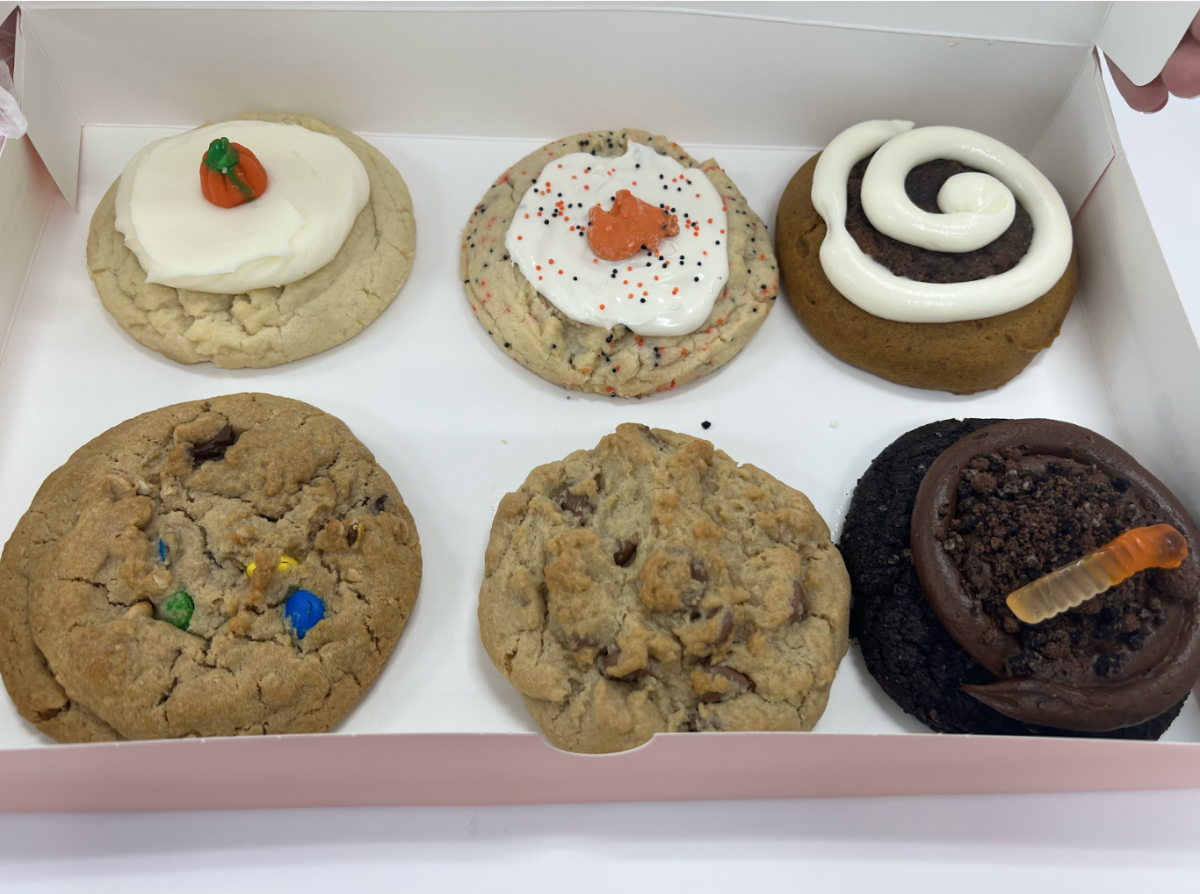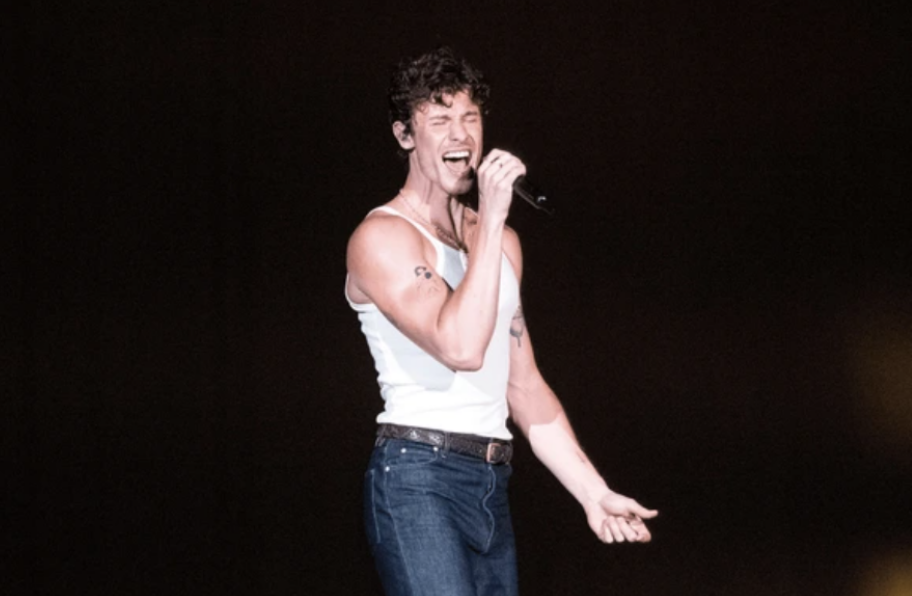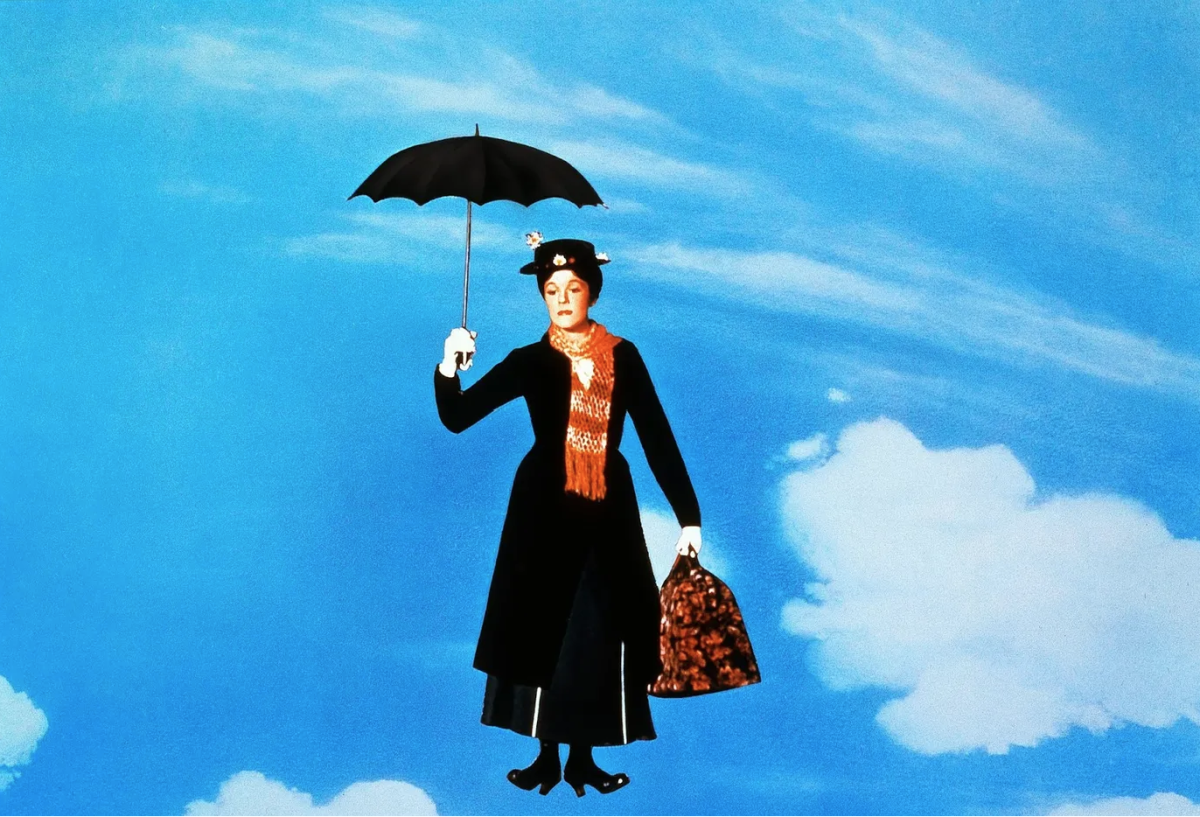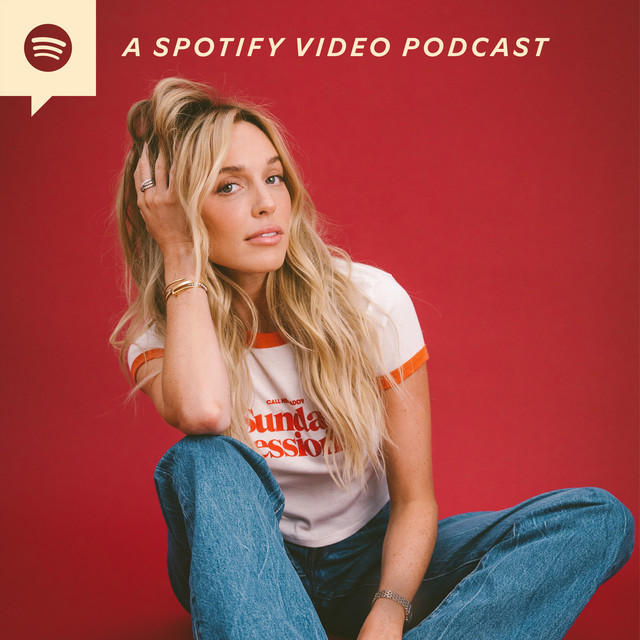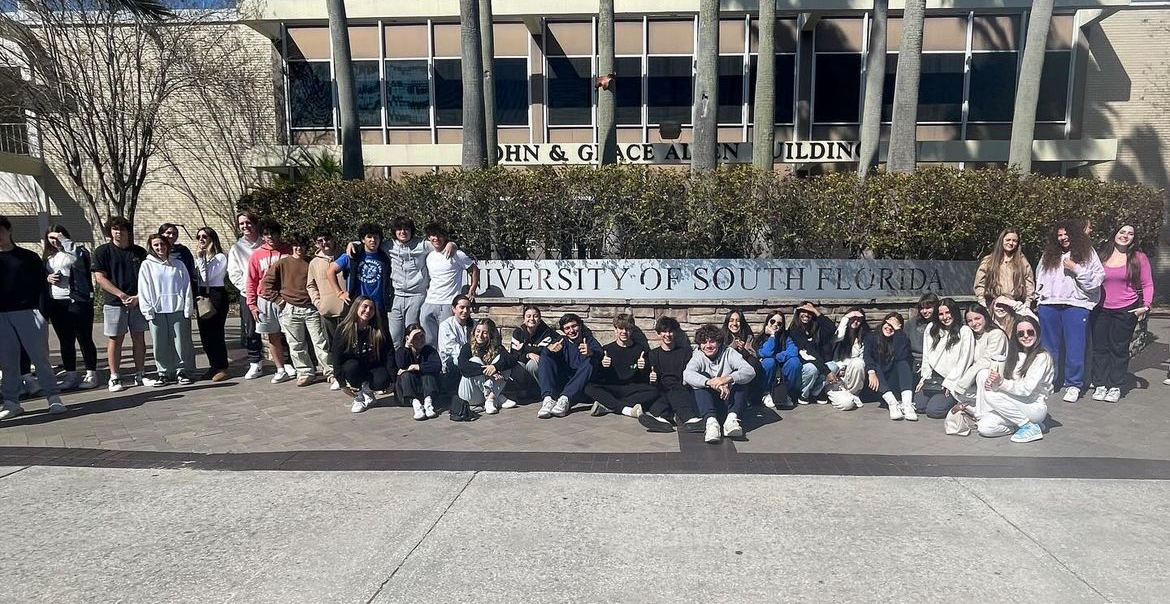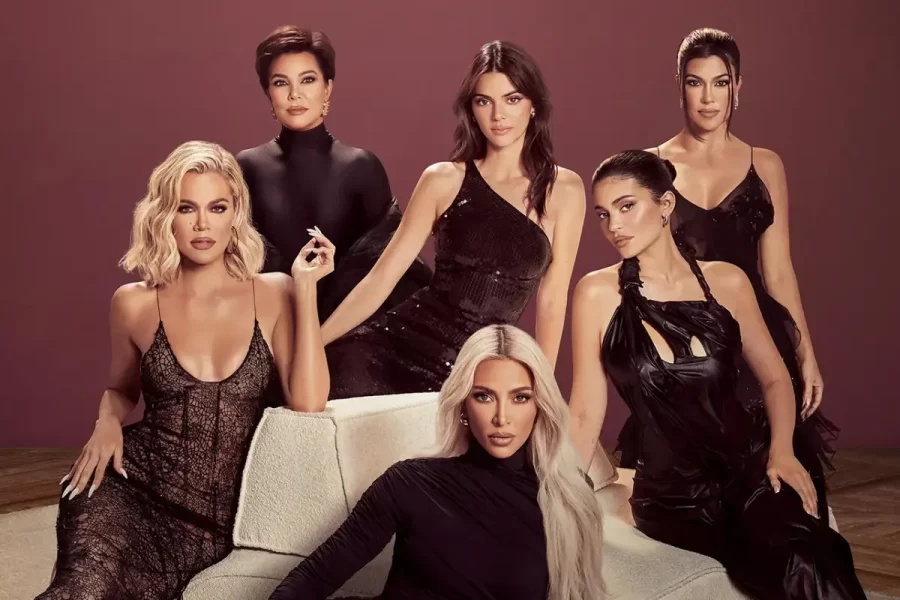Celebrity Cult-ure?
May 11, 2023
Find yourself binging past episodes of Keeping up with the Kardashians? Shopping for the latest shade of Selena Gomez’s Rare Beauty blush? As teenage girls, we can attest to being influenced by the seemingly flawless lives and whereabouts of celebrities in America. And now, with so many social media platforms readily available, it is easy to fall into a rabbit hole of Instagram posts and romanticized “day in the life” videos on Tik Tok. Despite knowing that these celebrities’ lives are not always as perfect as they appear online, we still find ourselves wishing to step into their shoes. Comparing our life to the idealized version we see online, we believe we must invest in celebrities’ products, follow their recommendations, and attempt to recreate their lives. But does this become unhealthy or cult-like?
The answer to this question relates to the psychology behind why human beings love pop culture: it instills a cult-like behavior in its followers who are “into this particular type of a cult apparatus.” According to the Quartz article Why Buying into Pop Culture and Joining a Cult is Basically the Same Thing, human beings have an inherent need to belong and are driven by having a “sense of social meaning.” Pop culture fosters an internal sense of belonging and brings people together. Now, with social media’s prevalence and the virtual world we live in, humans have become “fiercely loyal superfans,” as they can follow the lives of these celebrities from their fingertips.
Some of this generation’s celebrities are now considered ‘influencers’ on social media and usually have a large number of followers. Starting off with lifestyle videos, American YouTuber Emma Chamberlain made her way from being an ordinary teenage girl “vlogging” in her car, to interviewing celebrities at the Met Gala. As described by Steven Lai in the ION article Influencers Are Now More Trusted Spokespeople than Celebrities, influencers have become more trusted in authenticity than traditional celebrities. Gen-Zers and millennials enjoy following them to see what products work and don’t work as well as what they do with their wealth, trusting that these reviews are truthful. Nowadays, many desire to be rich and famous by pursuing the influencer route. The Forbes article Young People Want to be Influencers Even as Older Americans Say it isn’t a Real Job! claims that one in four people now wants to become an influencer. So is it possible for a quarter of all Americans to be influencers? The source believes this is not directly true but that “social media became one’s BFF and by extension the dreams and promises that were promoted by your favorite stars.” Social media blindsides internet users by giving them an “incomplete picture of the risks or the actual work involved.”
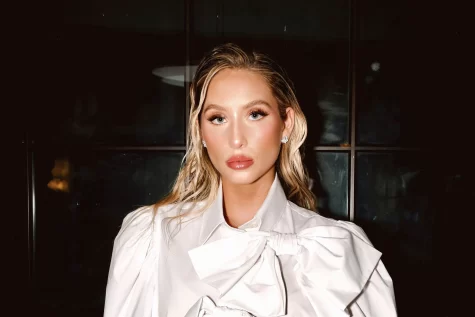
While many Gen-Zers believe they can make a living out of social media like the select few popular Tik Tokers, other older adults believe that social media is something fleeting and lacking in stability.
To further explore the negative aspects of celebrity culture, the Entrepreneur article Why Everyone and Everything on Social Media Is Fake, by Bob Deutch, explains that the nature of social media leads influencers and celebrities to share only what followers might find interesting. As a result, posts on social media become a form of “storytelling,” as content is planned and edited with filters and captions to tell a story beyond reality. The source then proposes that Instagram and Snapchat stories don’t help mitigate this “storytelling” concept because they are also crafted to portray a person’s idealized lifestyle rather than the more mundane in-between moments. Not only do celebrities and influencers choose what not to share, but they also choose exactly what to share by changing their behavior in accordance with what might seem more ideal to followers. This further distorts the truth behind celebrities’ lives because it becomes a show for social media rather than an authentic portrait of who they are.
Nonetheless, celebrity culture has also brought about a positive impact on society. According to the Guardian News and Media article Don’t Despise Celebrity Culture – the Impulse to Admire Can be Precious by Alain de Botton, there are benefits to admiring celebrities and channeling this love. The author believes that it helps members of society to look up to celebrities and those above us with socially beneficial qualities. It doesn’t hurt an individual to admire another person of high status, as it encourages them to also better themselves. Just as the source says, “We are used to thinking that anyone who ‘copies’ a celebrity is sad and inauthentic, but in its highest form, imitation founded on admiration is integral to a good life.” Those around us can influence us for the better and help us to improve our lives in numerous ways.
Our outlook on the definition of a celebrity has evolved over the years. Although there are misgivings surrounding the pros and cons of celebrity culture, we can all agree that celebrities form a considerable part of our daily lives whether it be on social media or in real life.



